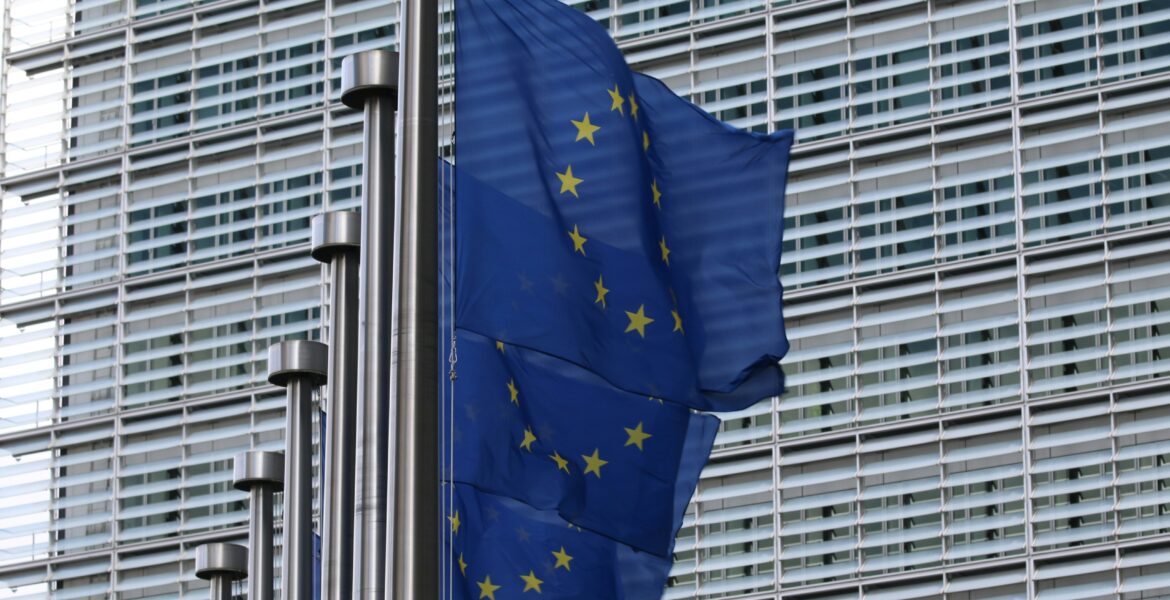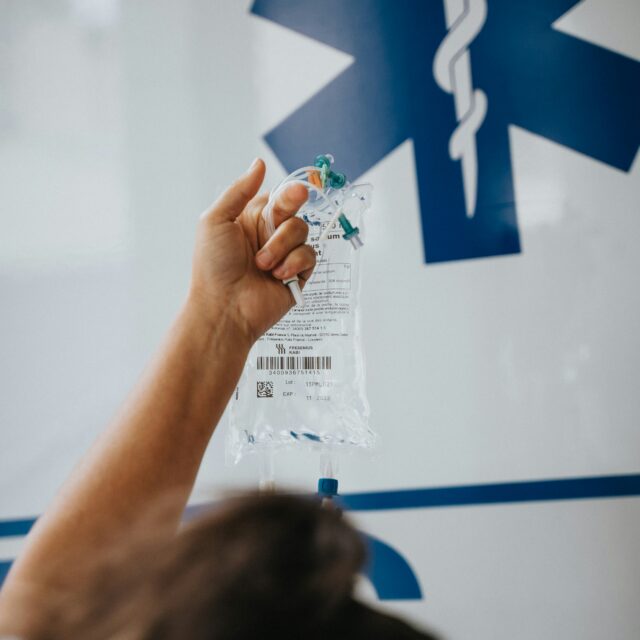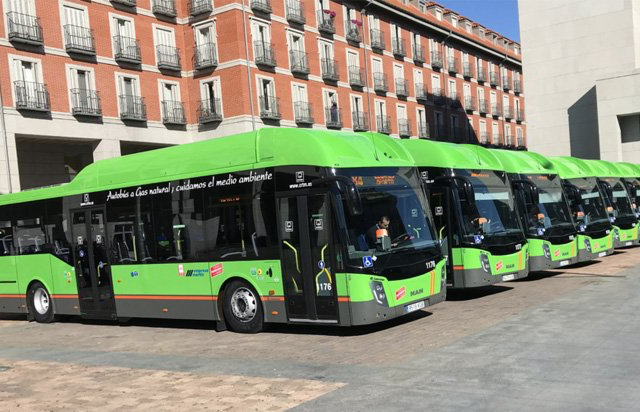Photo by Guillaume Périgois on Unsplash
The European Economic and Social Committee (EESC) will open its doors to the public for its traditional Open Day on Saturday 4 May from 10am to 6pm.
Informing and enthusing people about the EESC and the upcoming European elections, the Committee will organise a number of activities at its headquarters (the Jacques Delors building in Rue Belliard 99-101 1040 Brussels).
The public will be able to visit the EESC to:
· discover what the EESC can do for people, find out who we are and what we do, see our buildings and get a taste of what daily life in an EU institution looks like;
· learn about the EESC’s role in the EU decision-making process;
· share interests and concerns with EESC members and engage in discussions with them;
· find out what EESC members do back in their home countries;
· take part in live activities: join in interactive games and EU quiz, enjoy live music and group activities and try face painting for children.
In the morning at around 11am the Committee will also welcome the arrival of a group of EESC members and staff who have cycled hundreds of kilometres across France and Belgium to raise awareness of the importance of the European elections.
Headed by EESC member Bruno Choix from the Employers’ Group, the group will travel from Caen (France) to Brussels over 4 days, covering a total of around 500 km.
A spokesman said, “People are welcome to join the EESC members and staff in the final stretch from Waterloo to the EESC headquarters in Brussels.”
Meanwhile, the EU is this week celebrating the 20th anniversary of the largest and one of the most significant enlargements in the history of the European Union, “the reunification of our European family.”
Twenty years ago, ten new countries, including eight from Central and Eastern Europe – Czech Republic, Estonia, Hungary, Latvia, Lithuania, Poland, Slovakia and Slovenia – along with Cyprus and Malta from the Mediterranean joined the European Union.
The S&D group say the historic enlargement not only reunited Eastern and Western Europe – artificially divided by the Iron Curtain and the Cold War – but also embodied the dreams of generations striving for freedom and democracy.
“The S&D Group commemorates this transformative journey that has healed the scars left by WWII and has led to immense social, economic and democratic development throughout the continent,” said a spokesman.
S&D vice-president for foreign affairs, Pedro Marques, told this site: “The reunification of our European family has been a testament to the power of unity and shared values – fostering economic growth, strengthening democratic institutions and promoting human rights and the rule of law.”
“As we reflect on this achievement, we recognise that the EU’s mission of integration and unity is far from complete. The S&D Group strongly supports the ongoing accession talks with Western Balkan countries – Albania, Bosnia and Herzegovina, Montenegro, North Macedonia and Serbia – and advocates for the inclusion of nations like Ukraine, Moldova, Kosovo and Georgia.”




